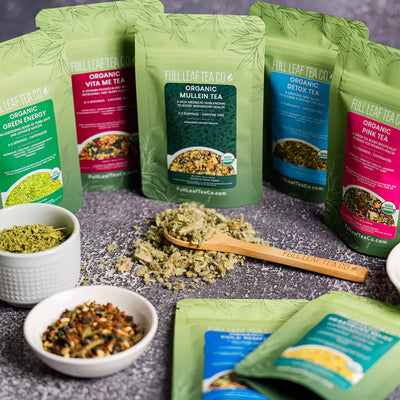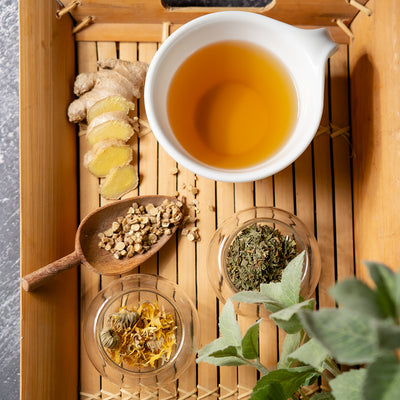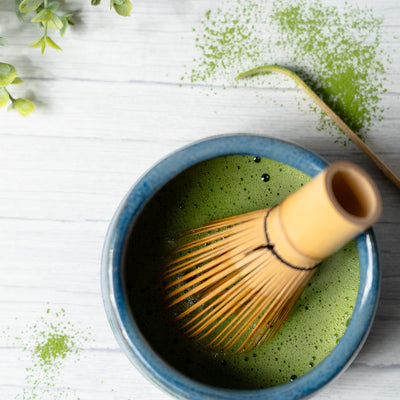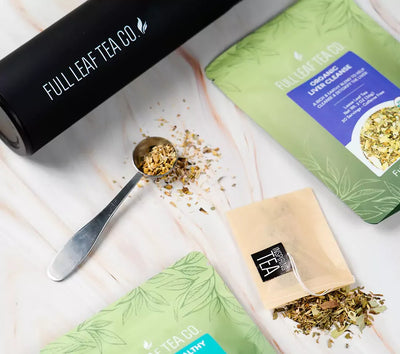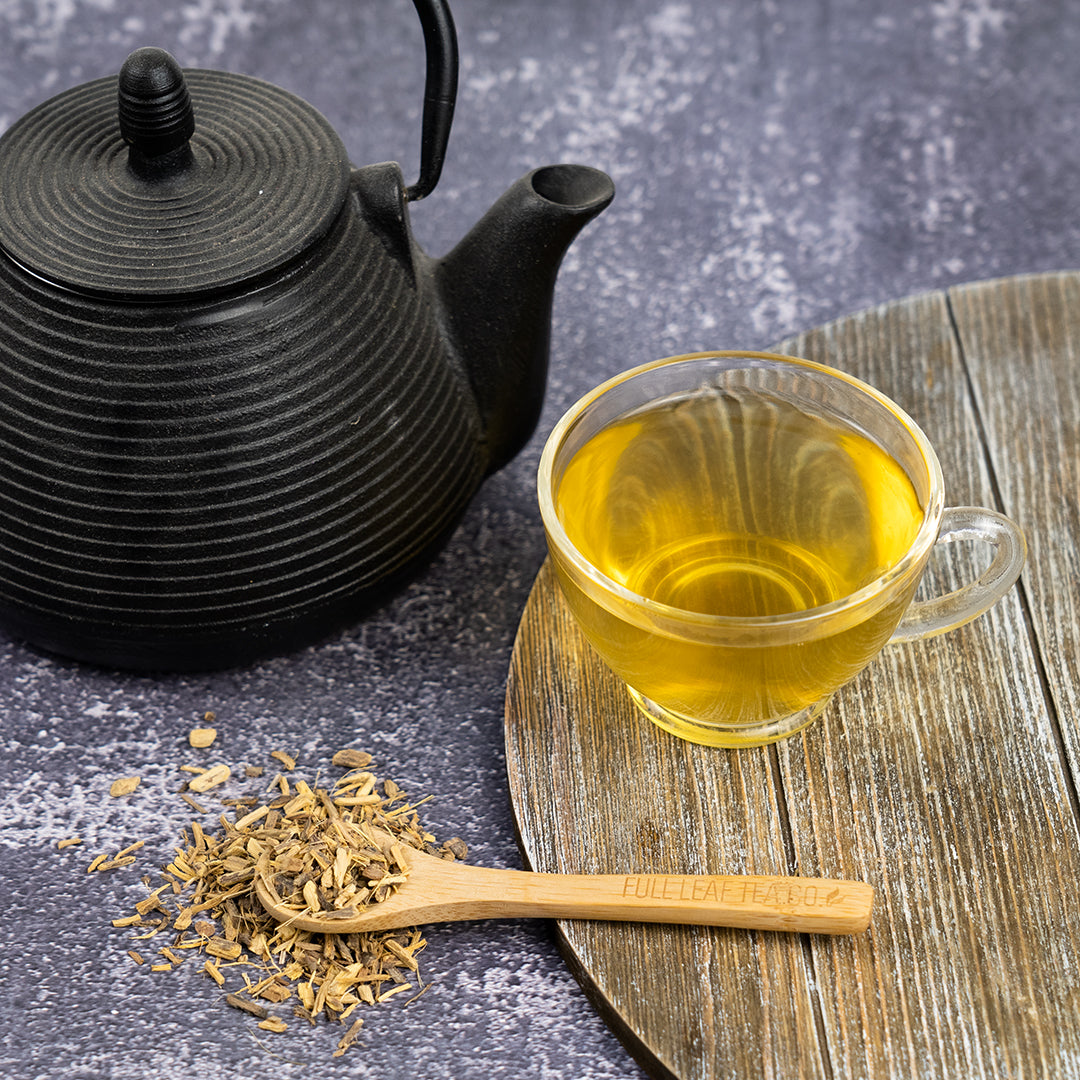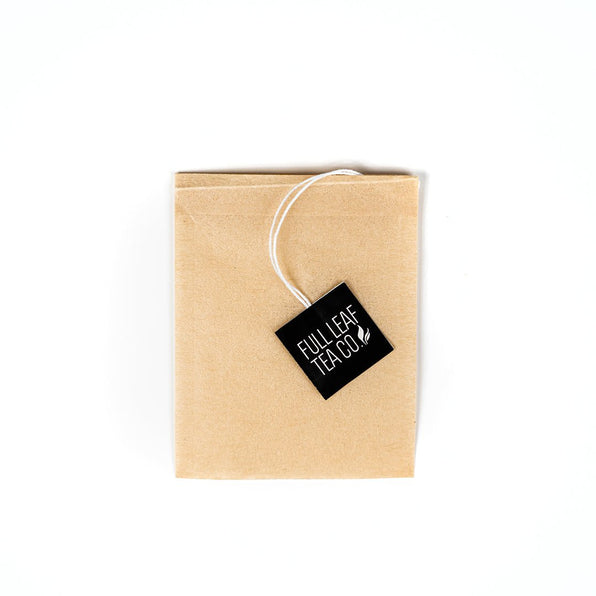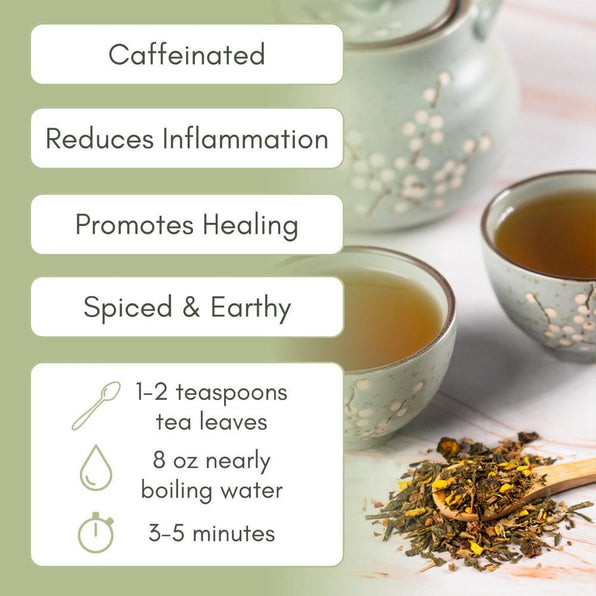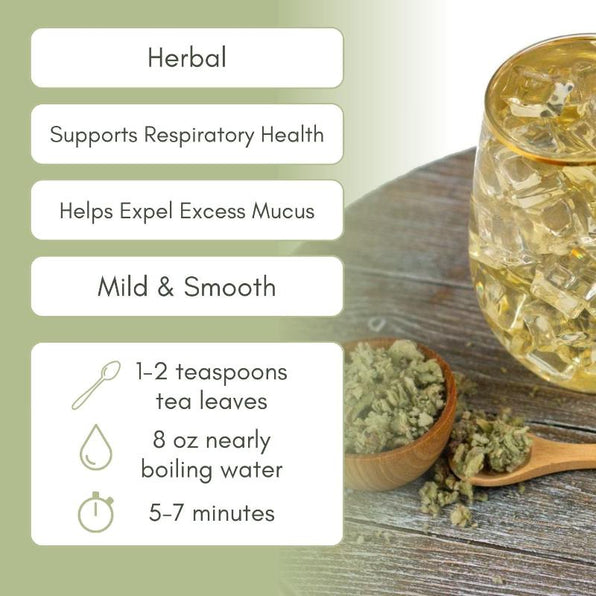1. Boil fresh, filtered water: Start by bringing a kettle of fresh water to a boil. Opting for filtered water will enhance the taste of the tea.
2. Prepare your tea bag/infuser: Place 1-2 tsps of Lemon Balm into your teabag/infuser and place into cup.
3. Pour hot water over the tea bag/infuser: Once the water has reached a rolling boil, carefully pour it over the tea bag in your cup.
4. Steep for 5-7 minutes :Allow the tea bag to steep in the hot water for 5 to 7 minutes.
Note: You can adjust the steeping time based on your desired strength. Steeping for a longer duration will intensify the flavor and potential benefits, but always make sure to check the type of tea before doing so as certain teas may become bitter if steeped for too long!
5. Remove the tea bag/infuser: After the desired steeping time, gently remove the tea bag or infuser from the cup.
6. Enjoy and savor: Take a moment to appreciate the delightful aroma and flavors of the organic lemon balm tea. Sip slowly and enjoy the potential immune-supporting benefits this herbal infusion offers.
Tip: For added flavor, you can enhance your lemon balm tea with a squeeze of fresh lemon juice or a drizzle of honey.

